Google Research announced Learn Your Way, an AI-augmented textbook experiment, on September 16, 2025. The interactive experience is available in Google Labs and on a public site. In a randomized study with Chicago-area high school students, the tool delivered higher assessment and retention scores, according to the Google Research announcement and the accompanying tech report.
How it works
Learn Your Way turns textbook PDFs into multiple learning formats using Google's pedagogy-focused LearnLM, integrated with Gemini 2.5 Pro. Google Research authors Gal Elidan and Yael Haramaty outlined the project and findings in the launch post. The experiment is accessible at Learn Your Way.
- Formats include immersive text with images and embedded questions, section-level quizzes, narrated slides, audio lessons, and mind maps.
- Personalization re-levels source text by selected grade and swaps examples based on declared interests.
- Quizzes adapt during study sessions based on learner responses.
- Multi-step AI workflows and a fine-tuned model generate educational illustrations.
- The content pipeline begins from a textbook PDF.
Study results
Google ran a randomized controlled study with 60 Chicago-area students aged 15-18 with similar reading levels. Participants studied adolescent brain development for up to 40 minutes using Learn Your Way or a standard PDF reader. Methods and instruments are detailed in the tech report.
- Immediate assessment: Learn Your Way group scored 9 percent higher.
- Retention test 3-5 days later: 78 percent vs 67 percent, an 11-point advantage for Learn Your Way.
- Sentiment: 100 percent reported comfort taking the assessment vs 70 percent in control.
- Preference: 93 percent said they would want to use Learn Your Way vs 67 percent for the digital reader.
Expert review
A separate expert review transformed 10 OpenStax textbooks under three personalization settings. Three pedagogical experts rated outputs with average scores of 0.85 or higher across criteria including accuracy and coverage, per the tech report.
Background
The approach applies dual representation principles, offering multiple content formats to strengthen understanding, consistent with dual coding theory and supporting research. Personalization is increasingly an aspirational standard in K-12 education and can support enhancing motivation and deepening learning. Google Labs hosts public experiments like Learn Your Way, and Google has highlighted efforts to make AI tools effective and locally relevant.
Try it
Explore the interactive experience and sample lessons:

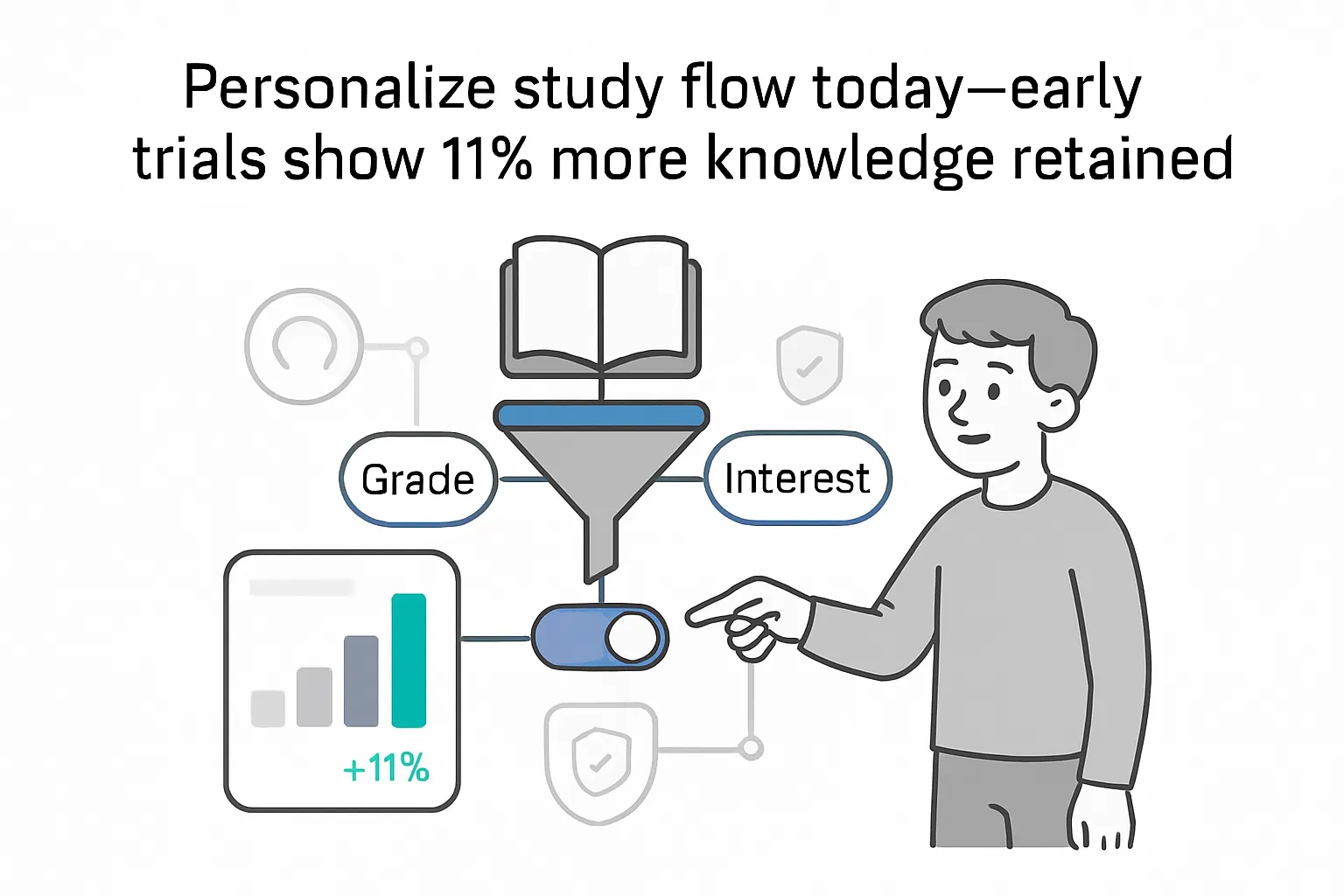


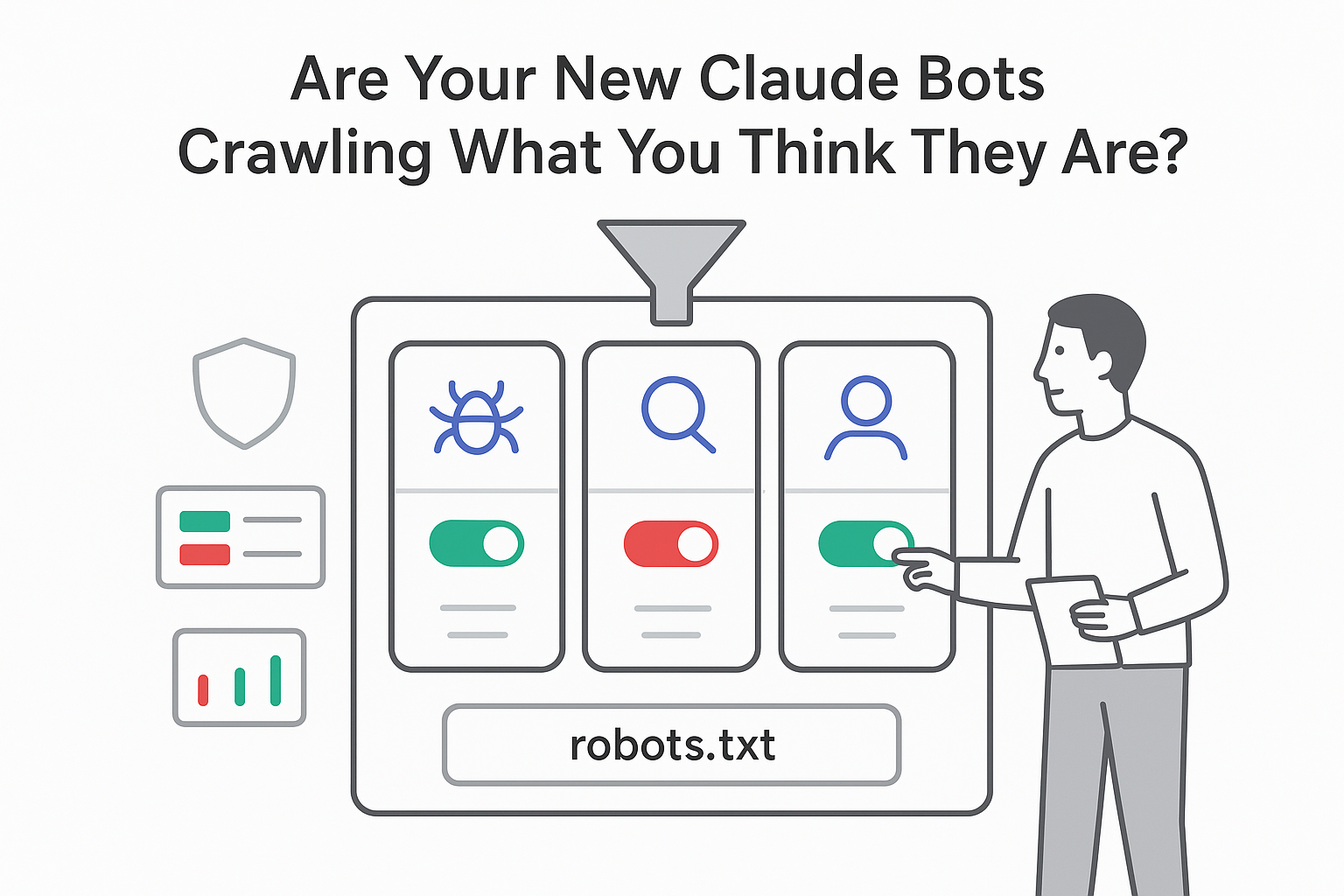
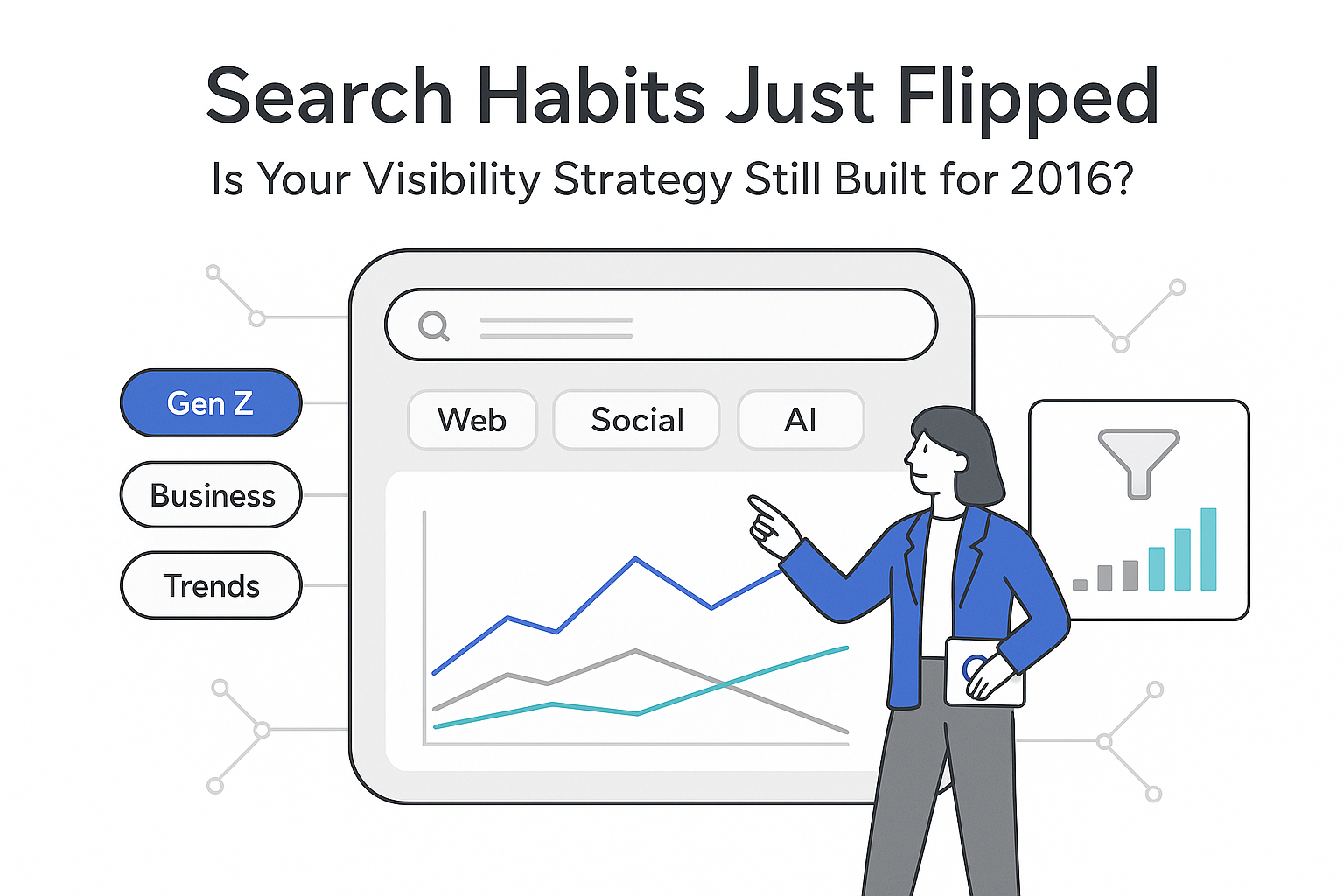
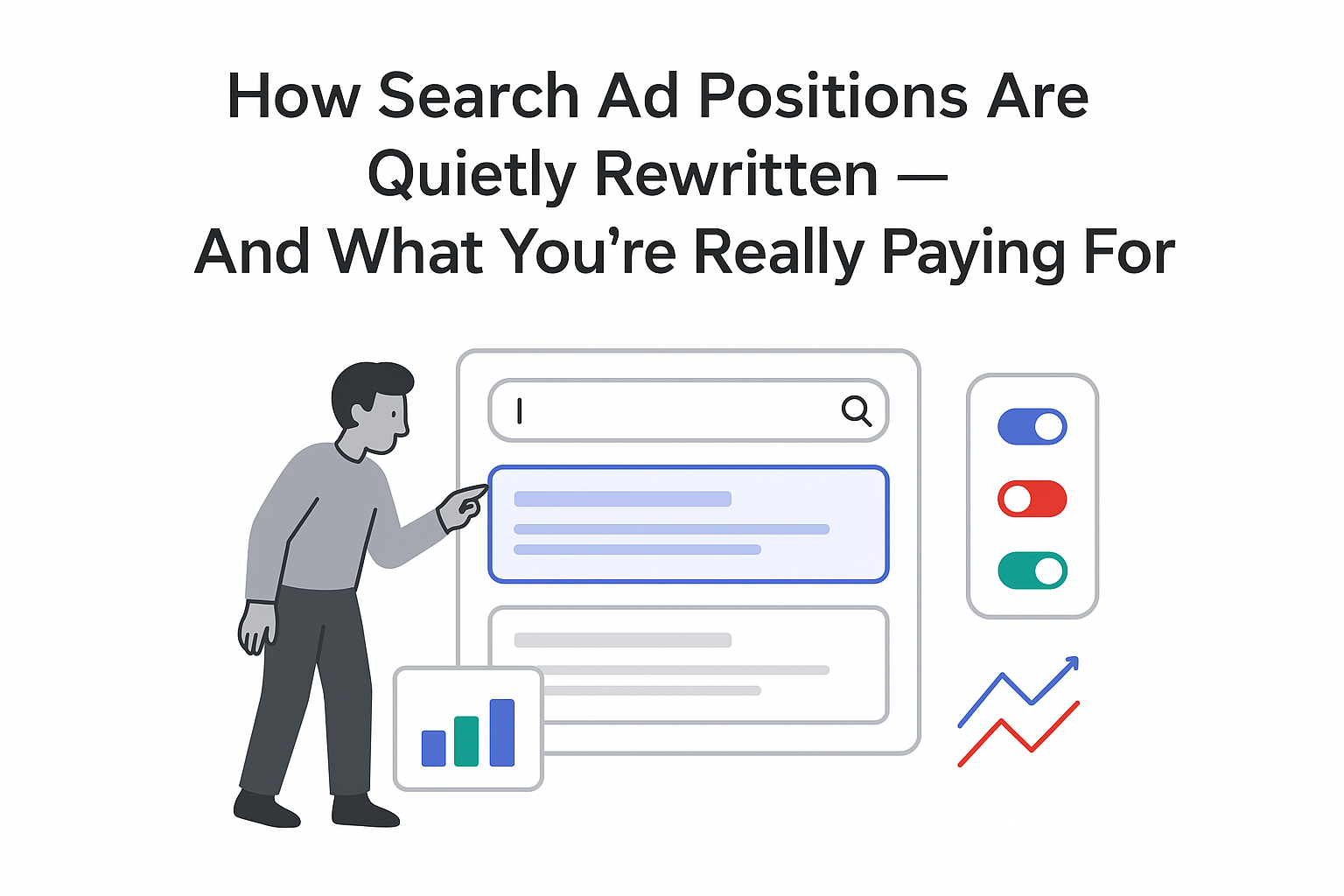
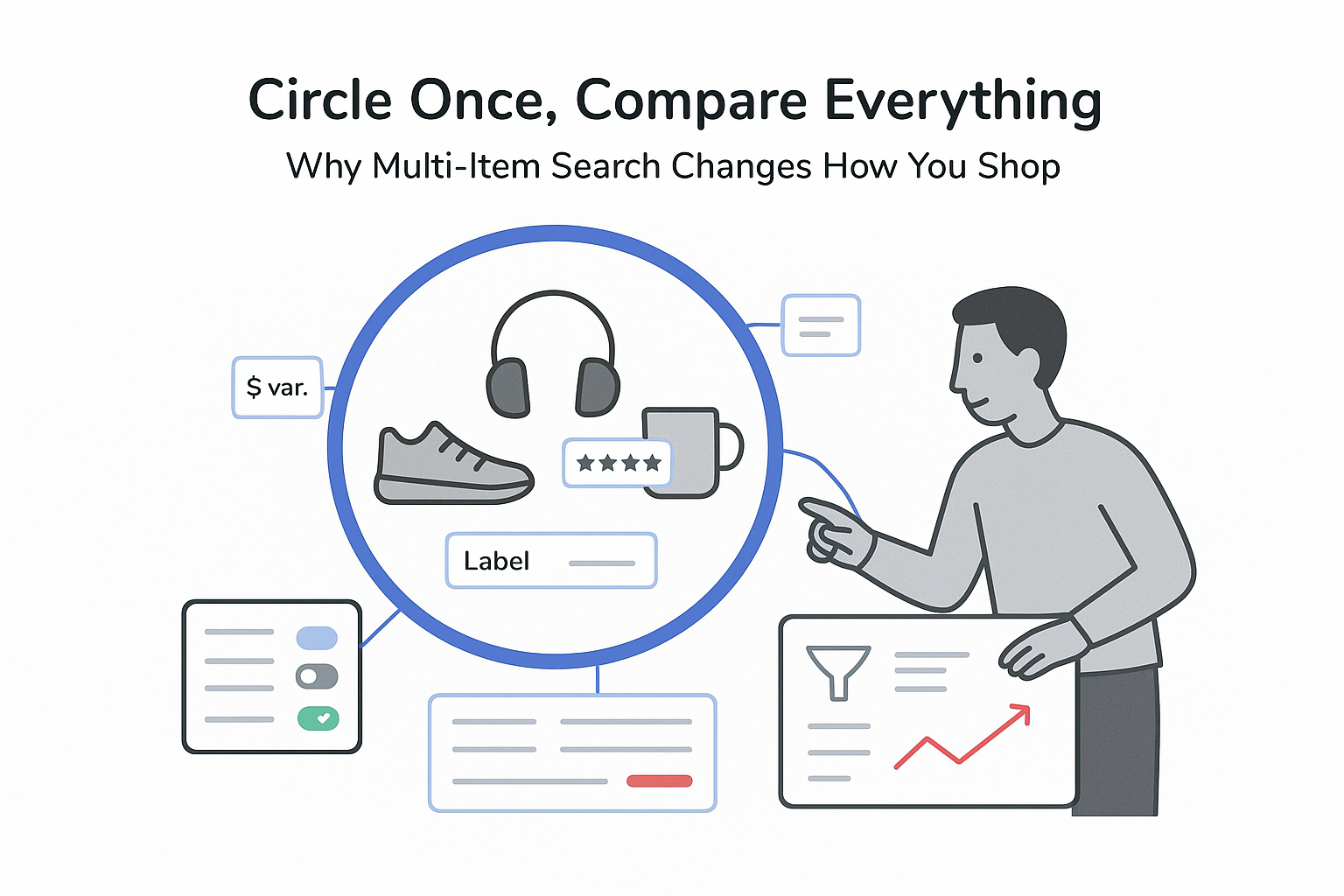
.svg)